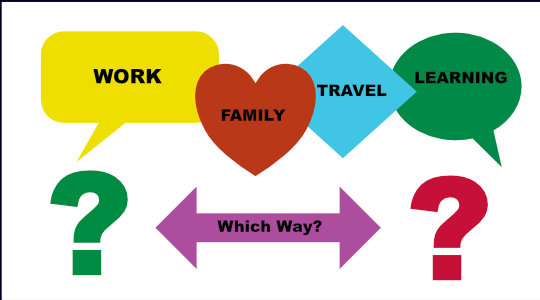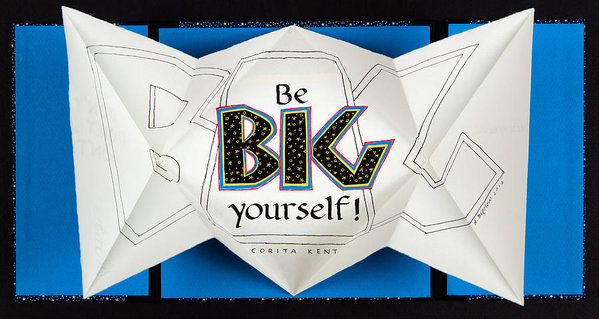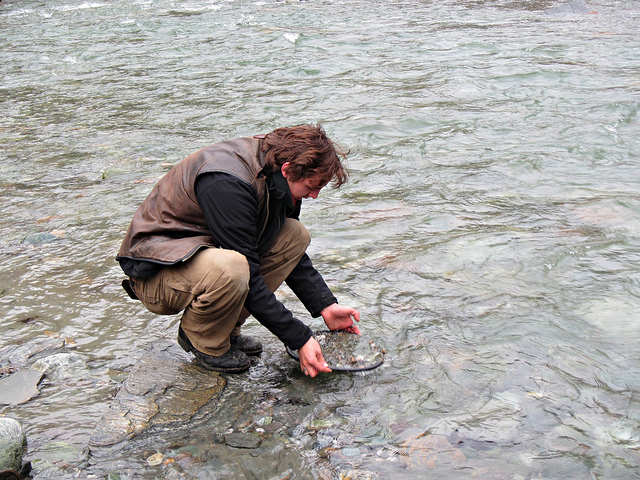“The mind is like a garden. Plant flowers, you get flowers. Plant weeds, you get weeds. Plant nothing, you get weeds.”
—Author Unknown

Image from Unsplash by Sandis Helvigs
The garden metaphor has been overused in describing the fertility of our minds to grow whatever is planted there. Today’s quote provides a special twist in the event we decide to take a “bench-sitter” or laissez-faire approach to life.
Imaging driving through an area in which no lawn service or landscaper has been seen for years. What do you see when you examine the grounds surrounding the buildings in this area?
Although I prefer to see the beauty of all living things, sometimes the winds of change bring unwanted forms of growth, things which we would prefer to live without.
EXERCISE:
How and in what ways can you take an ongoing, proactive approach to planting only the most beautiful thoughts in your head? What do you think will bloom?









